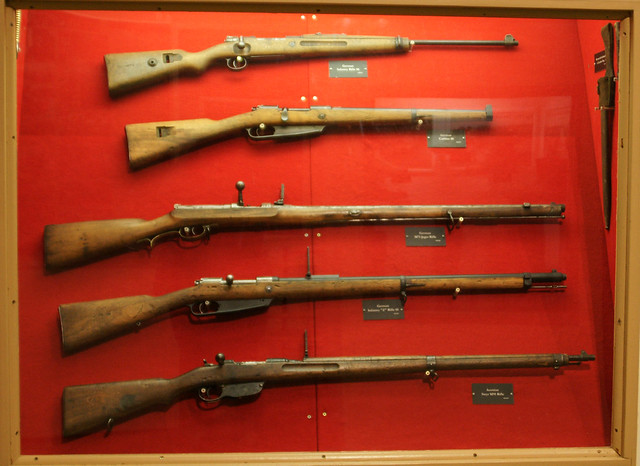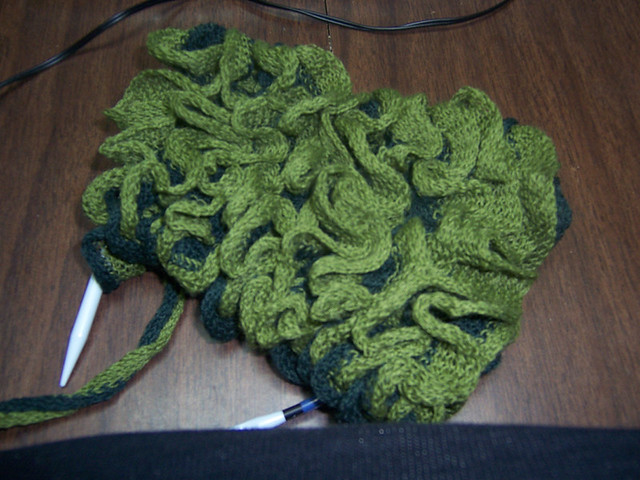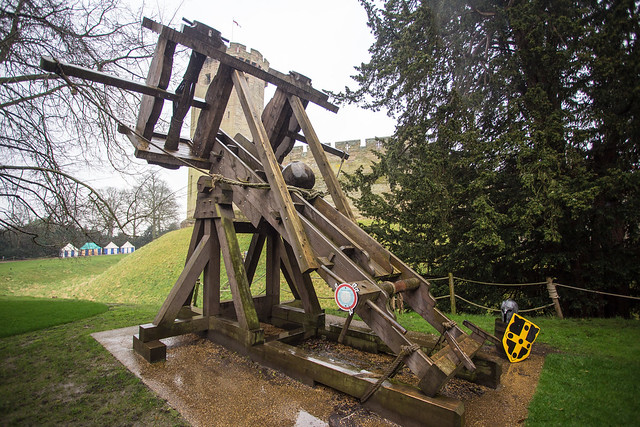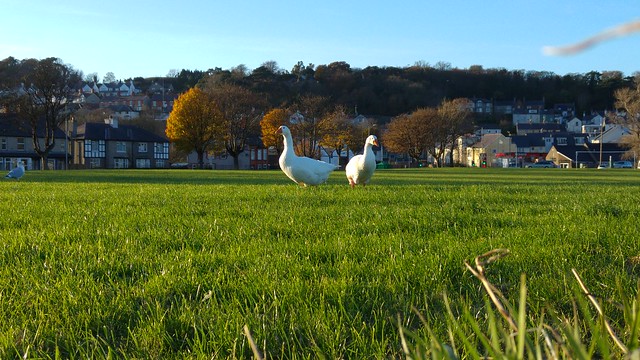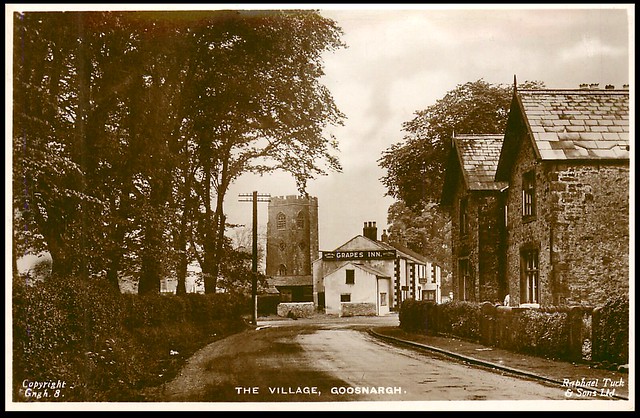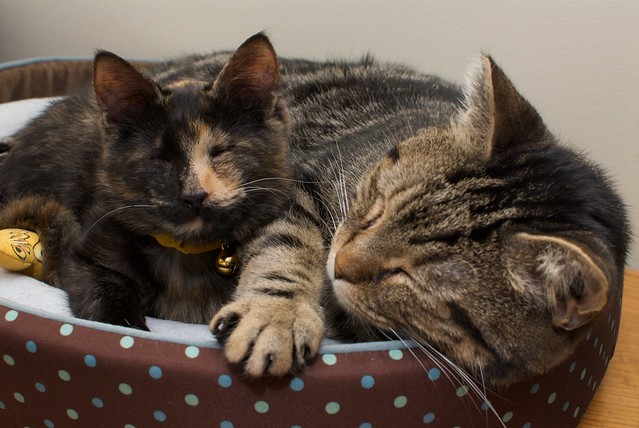Have you ever flonked a dwile or gathered your girt in a snurd?
Dwile flonking is mentioned in a novel I’m currently reading, Fiends in High Places by D.C. Farmer, and as I had no idea what it meant, I thought I’d find out.
According to Wiktionary, dwile flonking is
“An obscure and intentionally preposterous sport in which teams take turns to dance while avoiding a “dwile” (beer-soaked cloth) thrown by their opponents.” It is also written dwile flunking, dwyle flonking, dwyle flunking. The first documented game took place in 1966 [source].
According to Wikipedia,
“dwile flonking, dwyle flunking or nurdling is a British pub game played by two teams, with one dancing around in a circle, while a player from the other team attempts to hit them by throwing a beer-soaked cloth. The game is associated with the counties of Norfolk and Suffolk. Although the game can supposedly be traced back to the 16th century, it is thought to have been invented in the mid-1960s [source].
Apparently dwile flonking requires a dwile, a driveller (a stick of some kind) and a bucket full of beer. The dwile is soaked in beer, then one team forms a snurd (circle) of girts, while a member of the other team, the flonker, stands in the middle holding a dwile on a driveller. The jobanowl (referee) yells let’s go t’gither, and the girts begin to girt (dance in a circle) in one direction, while the flonker turns in the other direction and attempts to flonk the dwile at or over the head of one of the girts. Participants dress up in local rustic attire, and drink rather a lot of beer before, during and after the flonking of the dwile. Other ridiculous rules apply. See TradFolk for details.
It sounds like an ideal sport for the Olympics, and is in fact included in the Cotswold Olimpick Games, and is played annually in Beccles and Lewes in East Sussex in the south of England.
Dwile used to refer to a cloth for wiping or cleaning, and comes from Dutch dweil (floorcloth, mop, worthless person, weakling), from Middle Dutch dwâle (cloth, towel), from Old Dutch *thwāla (towel, washcloth), from Proto-West Germanic *þwahilu (towel, washcloth), from *þwahan (to wash, bathe) from Proto-Germanic *þwahaną (to wash, bathe) [source].
Words from the same roots include þvo (to wash, do laundry) in Icelandic, två (to wash) and tvål (soap) in Swedish, tovaglia (tablecloth, cloth) in Italian, toalha (towel, tablecloth) in Portuguese, and towel in English [source].
Flonking possibly comes from flong, an old past tense form of fling, which comes from Middle English flyngen (to dash, rush, charge, fly, strike, throw, fling), from Old Norse flengja / ᚠᛚᛁᚾᚴᛁᛅ (to whip, ride furiously), from Proto-Germanic *flangijaną, from Proto-Indo-European *pleh₂k- [source].








